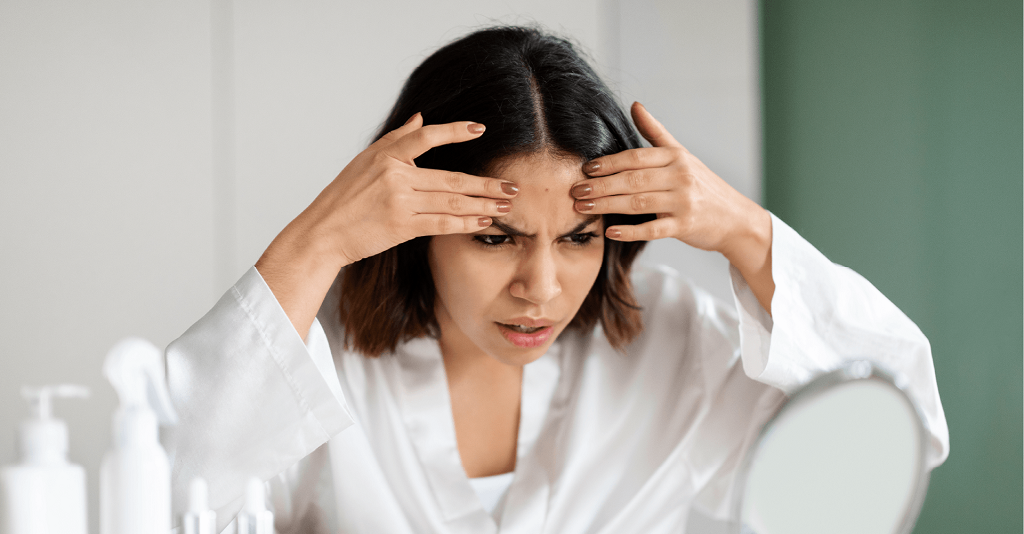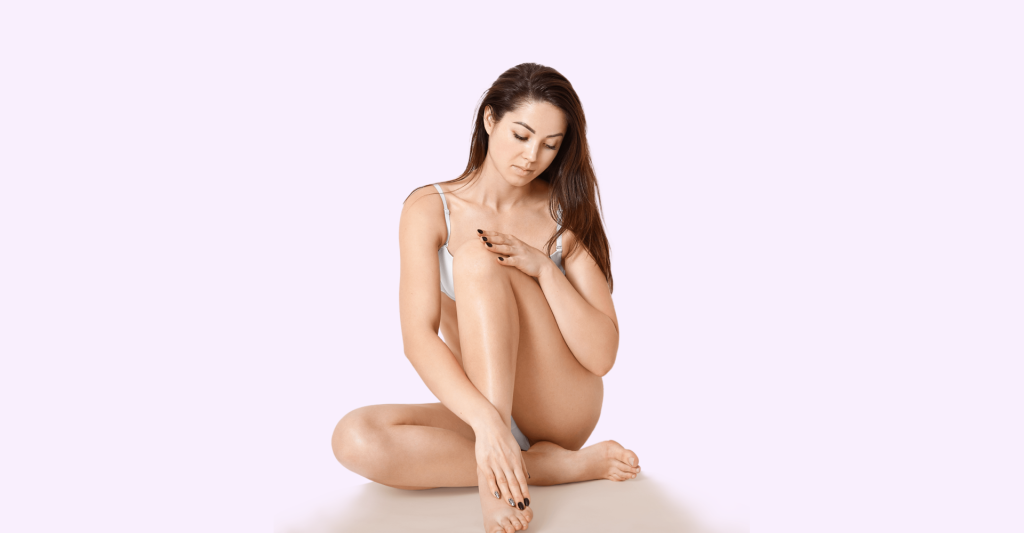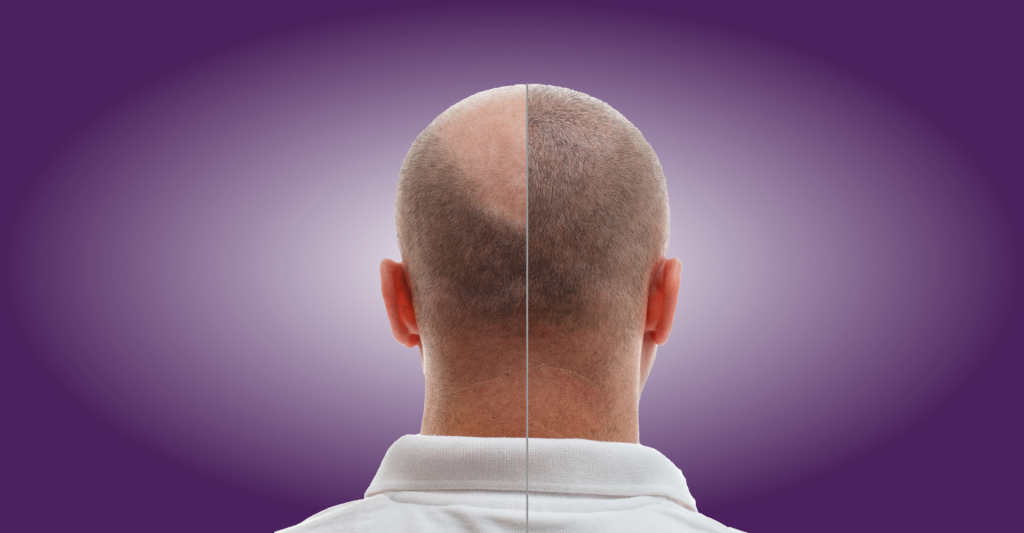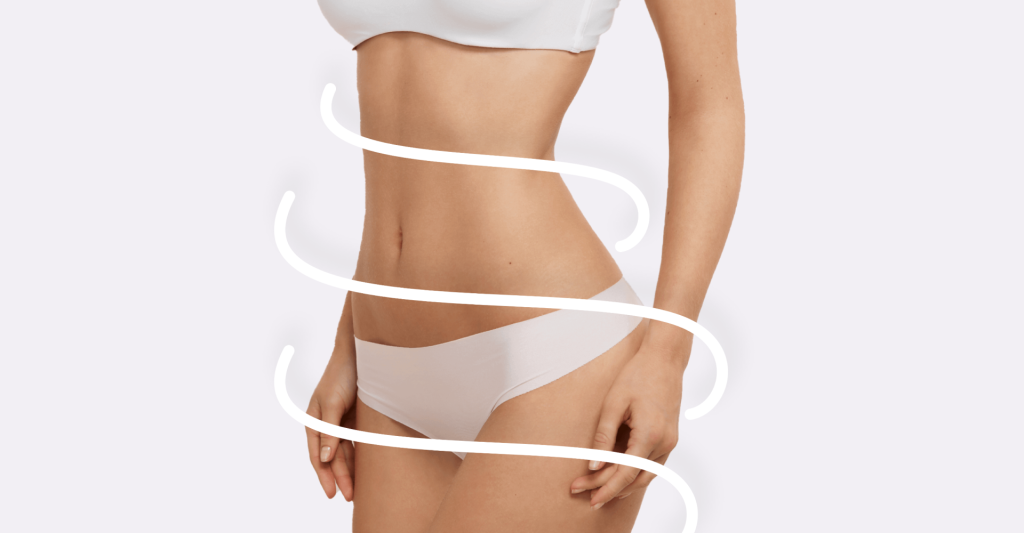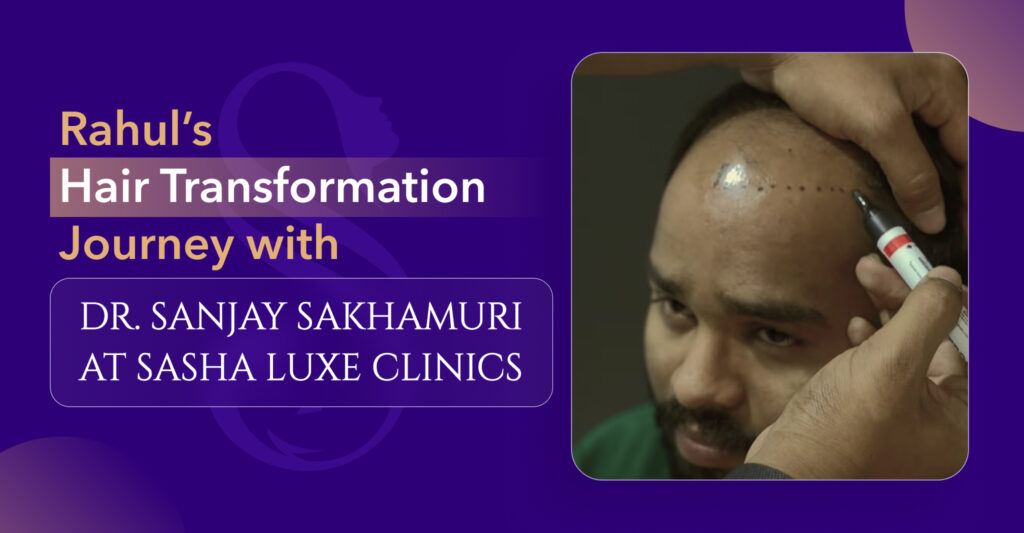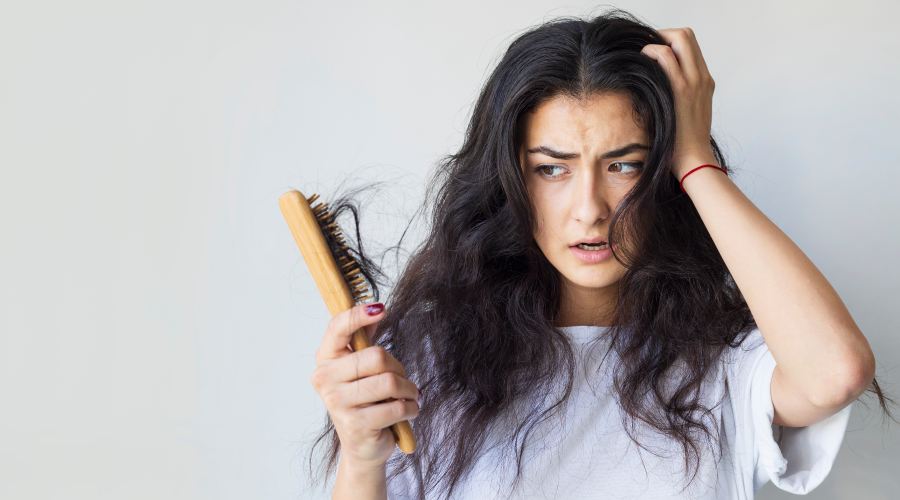Do you have dandruff and an acne breakout at the same time? Pimples on your face are uncommon, yet they are often the most bothersome. On the other hand, acne outbreaks on the face are caused by various factors, including dead skin cells, clogged pores, and so on.
But did you know that dandruff can also be the cause of your facial acne? Dandruff and acne are inextricably linked. Today, we will discuss the relationship between acne and dandruff and the remedies available.
Acne due to dandruff:
Secretion of Sebum: Dandruff is a frequent skin issue indicating the skin is not getting enough moisture. When the skin becomes too dry, the sebaceous gland beneath the skin overproduces sebum oil, the body’s natural defense against dryness. This causes the skin to become oily, with excess sebum oil and dead skin cells clogging pores and causing acne breakouts.
Seborrheic Dermatitis: Seborrheic dermatitis is a common skin ailment that most commonly affects the scalp. It usually produces dry, flaky skin and itching sores on the scalp. It is also known as cradle cap, seborrhea, or seborrheic eczema and can mimic eczema in some circumstances, but it is a distinct condition. While seborrheic dermatitis most usually affects the scalp, it can also extend to other body parts, such as the face. Acne-causing bacteria can be transferred through touch with the diseased area, causing acne to appear all over your face.
Ways to avoid dandruff-caused acne
Many people believe that dandruff causes acne. Acne and dandruff pimples have been an issue for people of all ages. The good news is that figuring out how dandruff causes acne is only half the battle. It’s critical to distinguish it from hormonal acne to keep it from recurring. Then try any of the methods and tips listed below.
Does Dandruff Cause Acne?
Acne on your face can occur from various causes, including collecting dead skin cells in your skin pores, excessive oil production, bacteria buildup, etc. Another significant explanation is seborrheic dermatitis, the medical term for dandruff. Seborrheic dermatitis usually affects the scalp.
It dries out your skin and causes unpleasant sores on your scalp. This condition, also known as cradle cap, seborrhea, and seborrheic eczema, appears to be cutaneous eczema but is not. While the scalp is most commonly impacted, other regions of your body, such as the face, may also be affected. Touch spreads acne-causing germs. As a result, you may develop acne all over your face.
Experts have been examining the causes of dandruff or seborrheic dermatitis, and it appears that there is no single reason. It is technically a mix of elements that lead to the formation of dandruff.
A few dandruff factors include genetics, harsh weather conditions, certain medical disorders, stress, and yeast infections. Dandruff signals that the skin is dehydrated. To compensate for the absence of moisture, the sebaceous gland beneath your skin overproduces sebum oil. Your skin becomes oily due to the increased production of sebum oil. Acne breakouts are caused by excess sebum oil and dead skin cells clogging your skin pores.
Ways to avoid dandruff-caused acne:
Many people believe that dandruff causes acne. Acne and dandruff pimples have been an issue for people of all ages. The good news is that figuring out how dandruff causes acne is only half the battle. It’s critical to distinguish it from hormonal acne to keep it from recurring. Then try any of the methods and tips listed below.
Using Anti-Dandruff Shampoo on a Regular Basis: Anti-dandruff shampoos use a variety of chemicals to target and treat dandruff, including salicylic acid, zinc pyrithione, selenium sulphide, and tar. These are excellent for acne and dandruff therapy.
Salicylic acid is keratolytic, affecting the skin’s protein structure. It aids in the removal of flake buildup and the reduction of skin irritation and inflammation.
Zinc pyrithione is an antifungal that can relieve fungal infections while controlling dandruff without harming the hair.
Aloe Vera Application: Aloe vera is a crucial ingredient in many popular skincare products.
Aloe vera has a soothing impact on the skin. As a result, it is used to treat inflammation, cold sores, acne, and other conditions. If your scalp is itchy and scaly, apply aloe vera to soothe the skin and minimize irritation.
Aloe vera prevents dandruff by being antibacterial and antifungal. To relieve the stinging sensation, use aloe vera directly on your face.
How to Prevent Acne Caused by Dandruff?
- Regularly comb your hair. Combing your hair detangles it and eliminates dead skin cells and flakes. As a result, dead skin cells will not accumulate in your scalp, and the possibility of acne developing will be reduced.
- When applying conditioner, make sure you apply it to the hair shafts. Apply no conditioner to your scalp. Conditioner is used to moisturize the hair. If the conditioner residue makes your scalp oily, it can aggravate dandruff.
- If you have a lot of dandruff, keep your hair off your face. If dandruff-infested hair comes into contact with your forehead or cheeks, the bacteria may also infect those areas.
- Hairstyling products can sometimes cause havoc with your prized locks. When you use too many styling products, your hair becomes dry or overly oily. Your hair will be damaged and prone to dandruff in any case.
- If you are Asian, wash your hair with anti-dandruff shampoo at least twice a week. African-Americans must wash their hair once a week.
- Avoid over-washing your hair. It will dehydrate your scalp by removing moisture.
- Frequently clean your hair care tools, such as combs, brushes, clips, and towels.
- Select hair care products that are appropriate for your hair type and solve your dandruff problem.
- Include anti-acne skincare products in your routine.
- If you have acne-prone skin, avoid using strong makeup products.
Takeaway
Facial dandruff can be frustrating, but this is a very common and treatable skin condition. Proper skin care habits are the foundation of keeping dandruff at bay, but sometimes this isn’t enough. This is especially true if you have certain risk factors that enhance your chances of developing seborrheic dermatitis.
A dermatologist can also help recommend specific OTC or prescription treatments for seborrheic dermatitis. Seeing a healthcare provider if your facial dandruff doesn’t improve or worsen despite treatment is always a good idea. For more information, visit us at Sasha Clinics; our experts provide you with the best solutions for your skin. We offer the best dermatologist in Hyderabad for acne. At Sasha Luxe, our experts, Dr. Navya and Dr. Sanjay, provide the best acne treatment in Hyderabad.






